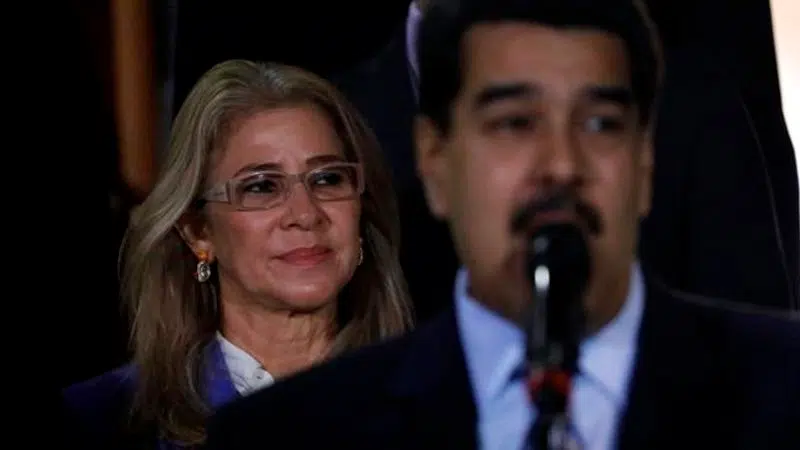
US sanctions Maduro’s stepsons for alleged food corruption
BOGOTA — The U.S. on Thursday imposed sanctions on three stepsons of Venezuelan President Nicolás Maduro, accusing them of forming part of a sophisticated scheme that stole hundreds of millions in dollars from food import contracts at a time of widespread hunger in the crisis-wracked South American nation.
The network allegedly was run by Alex Saab, an obscure Colombian businessman who came onto the radar of U.S. authorities a few years ago after amassing a large number of contracts with Maduro’s socialist government. In a separate action Thursday, federal prosecutors in Miami indicted Saab and a business partner on money laundering charges connected to an alleged bribery scheme to develop low-income housing for the Venezuelan government that was never built.
The U.S. Treasury Department alleges Saab utilized a network of shell companies spanning the globe — the UAE, Turkey, Hong Kong, Panama, Colombia and Mexico — to hide huge profits from no-bid, overvalued contracts obtained through bribes and kickbacks.
“Saab engaged with Maduro insiders to run a wide-scale corruption network they callously used to exploit Venezuela’s starving population,” said Treasury Secretary Steven Mnuchin. “They use food as a form of social control, to reward political supporters and punish opponents, all the while pocketing hundreds of millions of dollars through a number of fraudulent schemes.”


